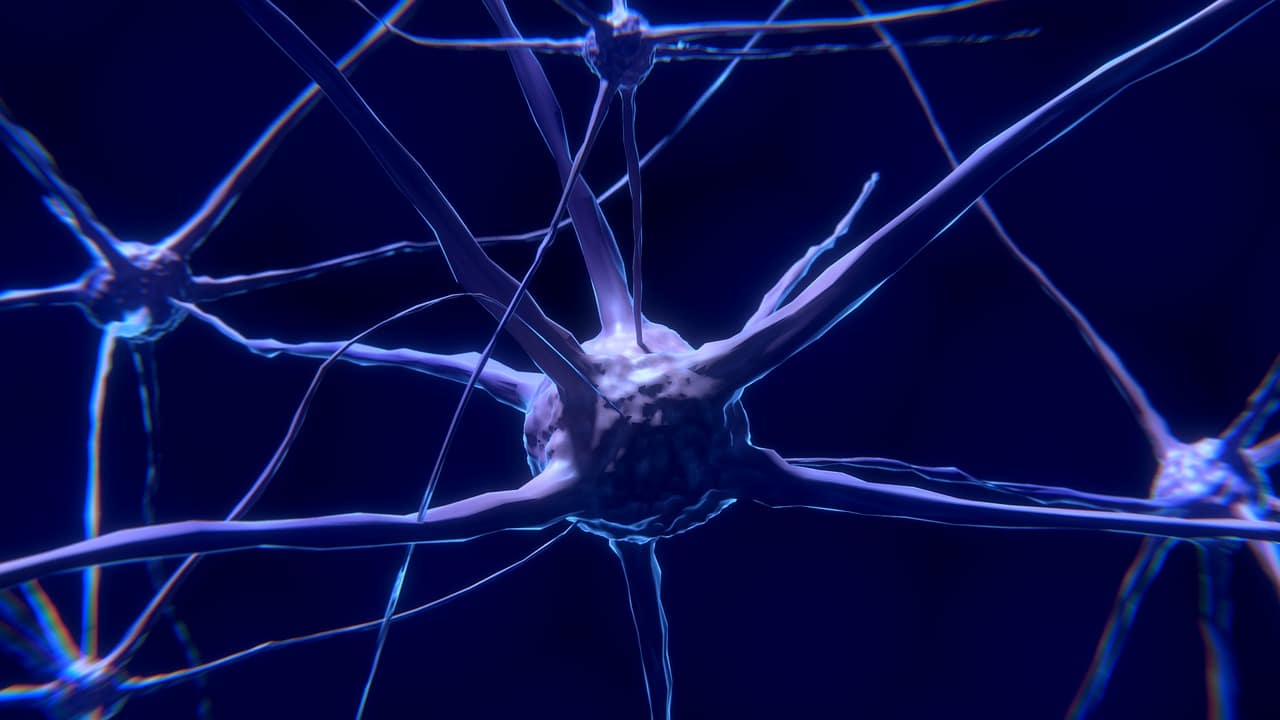Pinched Nerve Overview
If you have ever had had the misfortune of having a pinched nerve in neck exercise or a pinched femoral nerve, you would know how much pain is involved. Pinched nerves can reduce a person’s functional movement and cause chronic pain all day. It’s common for people to seek pinched nerve back treatment if the pain radiates from their lower back. Others who work desk jobs may also experience a pinched nerve in the wrist.
Pinched nerves can occur in any spot in the body and different kinds of tissues. It may happen near or beside a bone, cartilage, muscle, or even around tendons. The most common areas where this phenomenon occurs are at the back of the leg, the wrist, and the neck. Pinched nerves are painful because there is direct pressure on nerve branches emanating from a source.
When a nerve is compressed, the pain usually radiates from the pinched area. You may feel numb in certain parts of your body. There may also be a sensation loss in a particular limb.
If you have ever felt “pins and needles” from compressing your leg/legs in a particular position for too long, you would be familiar with how this feels. Additionally, people with pinched nerves can also experience muscle weakness or the inability to use a muscle group properly and with firmness and strength.
Causes of Pinched Nerves
The most common cause of long-term pinched nerve is a herniated disk. The spinal column distributes nerves throughout the body through gaps in the vertebra.
Our vertebras are supported by an organic cushion called soft disks. These serve as cushions that protect the bones and the nerves from compression and internal injury. However, there are times when the soft disks are damaged, and they become deformed. When soft disks are deformed, they tend to bulge in certain places. The bulge can cause compression and damage to surrounding nerve networks. This condition is termed a slipped disk.
Pinched nerves are more common in seniors. As a person ages, the dimensions of soft disks are reducing naturally, increasing the risk for nerve root compression.
Symptoms of Pinched Nerves
When a pinched nerve occurs in the neck, it’s called cervical radiculopathy. What people usually experience is a sharp or burning ache or pain. This pain usually shoots into the shoulder region, before causing some degree of weakness down the rest of the arm. The hand can also be affected as a result of cervical radiculopathy. The most common cause of this condition is aging, which predisposes a person to develop a bulging or herniated soft disk along the spinal column.
There are several risk factors associated with pinched nerves. The number one risk is aging, though this does not mean that those below 50 cannot get it. The second major risk factor is weight. It has been determined that those who are overweight or obese have a higher chance of developing pinched nerves. Other conditions that may expose a person to this painful condition are rheumatoid arthritis, thyroid issues, and type 2 diabetes. Occupational risks also exist.
A person whose job requires repetitive motions with the same body part can end up with pinched nerves.
Please take note that different types of symptoms can represent a pinched nerve, but they may not occur all at the same time. In the beginning, the pinched nerve may produce only localized numbness, which may later grow to a more painful “pins and needles” condition. If it doesn’t go away immediately, there may also be a more generalized burning sensation around the affected area. If the neck area is problematic, then remember that the associated area (the shoulder adjacent to the pinched nerve) may also grow numb and painful. In many instances, people with pinched nerves also report sudden muscular weakness while performing specific actions or activities.
How to Treat Pinched Nerves
Fortunately, many instances of pinched nerves resolve spontaneously within days or weeks. It depends on the person’s general health with the condition and the actual cause of the pinched nerves. Seniors are going to have a rougher time because of weaker soft disks and more extended recovery periods. If you develop persistent symptoms that last for months, that’s not normal. It would be best to talk to your doctor about it.
It’s best to give the area in question rest, so the compression eases, and the nerves are no longer compressed. In the meantime, patients are advised to get some NSAIDs to control the pain during the recovery period. In more challenging situations, patients may also be asked to attend physical therapy sessions. Additional physical supports such as collars may also be temporarily put in place to reduce motion, support the weakened structure of the vertebra, and shorter the recovery period. The goal of treating pinched nerves is to cut down the pain and other associated symptoms as much as possible.
When all of these treatment methods have failed, and the pain remains, a person may need surgical intervention to correct the pinched nerve.
In the hospital, various tests may be used to determine the exact cause of the pinched nerve. Conventional scanning tests like an X-ray or CT scan may be used. More advanced testing methods such as the EMG/NCS may also be used to map the electrical signals in the body and to pinpoint the compression. The last test may also be used to determine how severe the compression. This helps the physician determine the best route of action for treating the pinched nerve.
After examination, you can expect your physician to prescribe pain medication. You may also receive precise injections designed to ease the pain and the swelling of the affected area of the spinal column. Modalities of physical therapy may be used, too, if there are a lot of knotted muscles and back misalignments involved.

